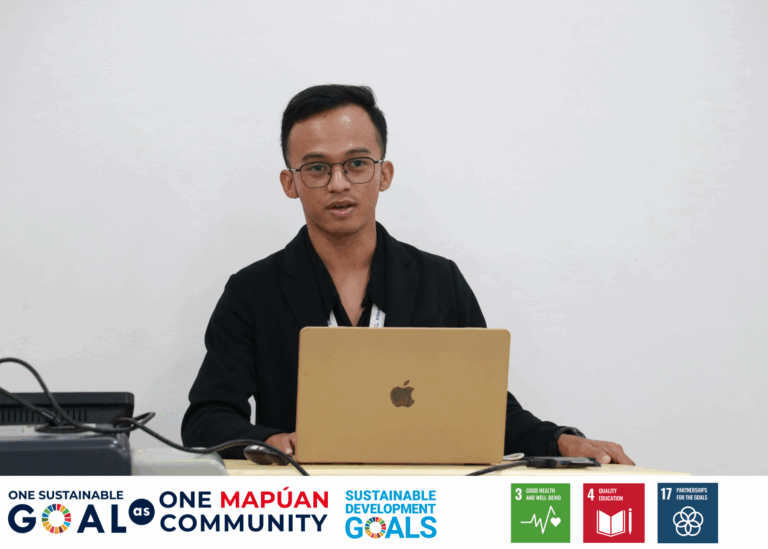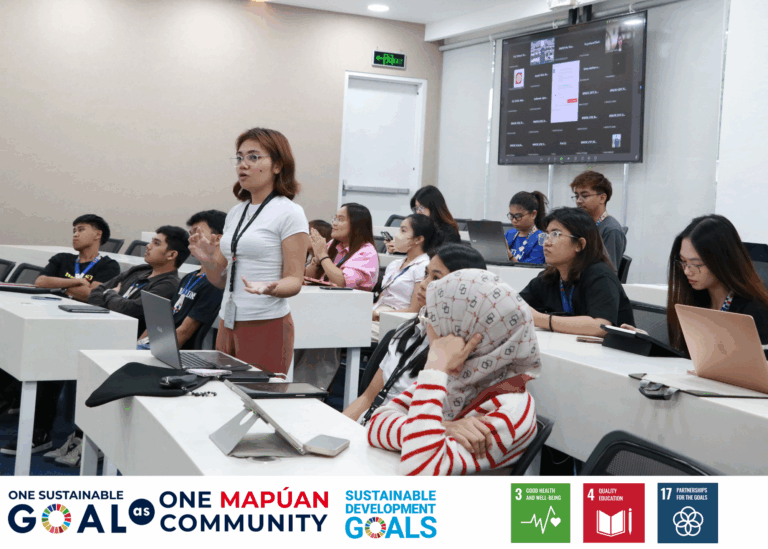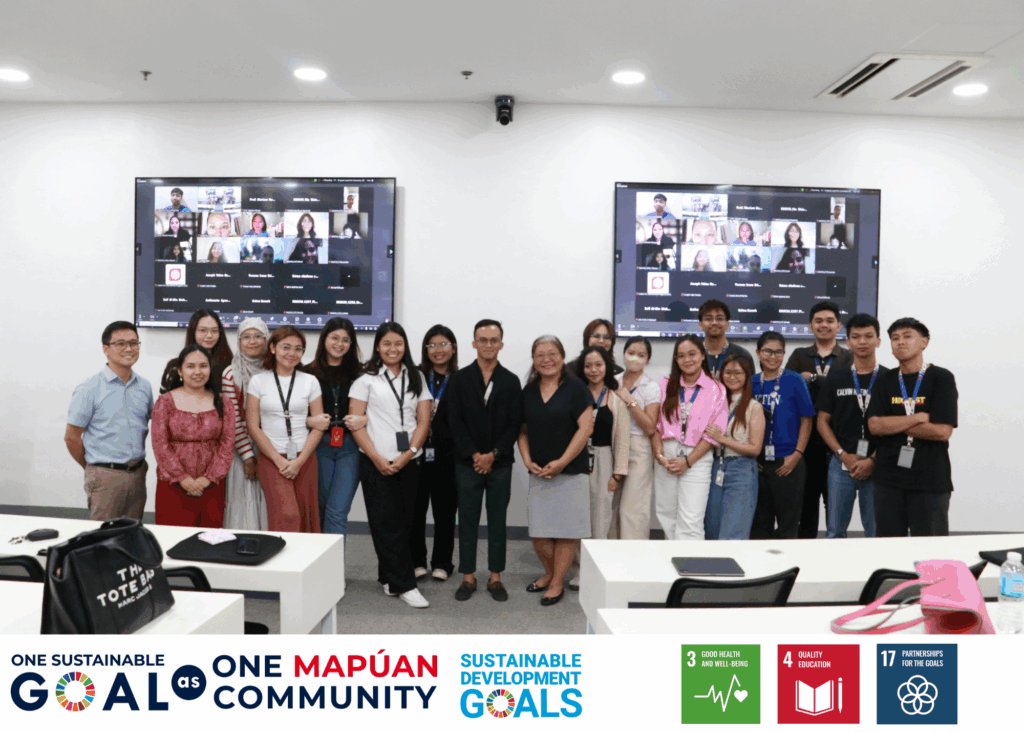On Monday, June 30, 2025, students from Mapúa Malayan Colleges Mindanao (Mapúa MCM) and Galala University came together for a global academic exchange during the workshop titled “Global Signature Course: Instrumental Microbiology & Quantum Infection Control: Advancing Detection and Prevention.” Held in a hybrid format at the Mapúa MCM Global Classroom and via Zoom, the event was a testament to how international collaboration in education continues to thrive in a digital age.
Organized by the Office for Corporate Partnerships – Center for International Programs (OCP-CIP) together with College of Health Science (CHS), the workshop aimed to provide students with an enriching global learning experience, regardless of their physical location. Specifically designed for Bachelor of Science in Pharmacy students from both institutions, the initiative reflects Mapúa MCM’s commitment to fostering international academic engagement.

Two distinguished speakers led the discussion during the session. Joseph Valen Bisin Roales, RPh, MSc, a part-time faculty member from the College of Health Sciences at Mapúa MCM, shared key insights into instrumental microbiology and its role in current healthcare settings. His lecture, titled “Instrumental Detection of Microbial Metabolites and Contaminants,” introduced participants to analytical techniques such as Fourier-Transform Infrared Spectroscopy (FTIR), Gas Chromatography-Mass Spectrometry (GC-MS), and High-Performance Liquid Chromatography (HPLC). These tools are pivotal in detecting microbial by-products—such as volatile organic compounds (VOCs), acids, and alcohols—that indicate contamination in pharmaceutical products. He emphasized that in many cases, microorganisms may not be directly observable through traditional culturing methods; instead, their metabolic by-products can serve as reliable chemical markers. Participants were also engaged in analyzing simulated data outputs from FTIR and GC-MS to identify potential microbial contamination, supporting more rapid and sensitive approaches ideal for modern infection control strategies.
Joining him was Dr. Mariam Hassan Haikal, an Associate Professor of Microbiology and Immunology from the Faculty of Pharmacy at Galala University and Cairo University. A Fulbright alumna and an IFBA Certified Professional in Biorisk Management, Dr. Haikal provided expert perspectives on quantum infection control. Her session, “Infection Control & Quantum Integrative Medicine,” reinforced the importance of core practices such as hand hygiene and aseptic technique while highlighting how modern instrumental microbiology enhances precision in microbial detection and quality assurance. She introduced participants to groundbreaking quantum-based technologies that offer ultra-sensitive detection and advanced sterilization methods. Dr. Haikal also emphasized the need for healthcare professionals—especially pharmacists—to adopt interdisciplinary and integrative approaches that blend foundational practices with cutting-edge innovations in infection control.

This collaborative initiative not only emphasized cutting-edge scientific knowledge but also aligned with the United Nations Sustainable Development Goals. By promoting good health and well-being (SDG 3), ensuring inclusive and equitable quality education (SDG 4), and strengthening global partnerships for sustainable development (SDG 17), the workshop underscored the power of academic partnerships in creating a healthier, more educated, and more interconnected world.
The Global Signature Course stands as a successful example of how higher education institutions can bridge geographical boundaries to offer impactful, interdisciplinary learning experiences.


